Unlock a promising career in marine engineering. Contribute to ship design, marine propulsion, and offshore technology. Enjoy career growth and opportunities in the maritime industry.
Future Scope & Benefits of M.Tech in Marine Engineering
As you set your sights on an M.Tech in Marine Engineering, it's natural to wonder about the future prospects and the potential benefits this educational path can offer. In this section, we'll explore the exciting world of marine engineering, shedding light on the future scope and the numerous advantages that come with it.
Future Scope:
Global Maritime Industry: The maritime industry plays a pivotal role in global trade and commerce, with over 80% of the world's goods being transported via sea routes. This industry's significance ensures a steady demand for skilled marine engineers. As emerging markets continue to expand, the need for professionals who can design, maintain, and operate vessels is expected to grow.
Technological Advancements: The field of marine engineering is not immune to technological advancements. In fact, it's at the forefront of innovation. As vessels become more complex and environmentally friendly, the demand for engineers who can navigate this evolving landscape is on the rise. Professionals with expertise in areas like ship automation, renewable energy integration, and emission reduction technologies are particularly sought after.
Global Shipping Industry: The shipping industry is continually evolving to meet stricter environmental regulations and sustainability goals. This presents opportunities for marine engineers to work on projects related to cleaner propulsion systems, ballast water treatment, and efficient vessel design. Graduates with a strong background in sustainable marine practices are well-positioned to contribute to this transformation.
Offshore Energy Sector: Marine engineers often find rewarding careers in the offshore energy sector, which includes offshore drilling, oil and gas exploration, and renewable energy projects such as offshore wind farms. These sectors require specialized engineering expertise to design and maintain the infrastructure needed for energy production at sea.
Research and Development: For those inclined towards research and innovation, academia and research institutions offer avenues to explore groundbreaking developments in marine engineering. Engaging in research can lead to discoveries that have a lasting impact on the industry and the environment.
Benefits of Pursuing M.Tech in Marine Engineering:
Global Opportunities: A degree in marine engineering opens doors to a global career. As vessels traverse the world's oceans, marine engineers have the opportunity to work in diverse locations and cultures. This international exposure can be both personally enriching and professionally rewarding.
Job Security: The maritime industry is a cornerstone of the global economy, ensuring a relatively high level of job security for marine engineers. The demand for skilled professionals in this field remains consistent, even during economic fluctuations.
Competitive Salaries: Marine engineers are among the highest-paid professionals in the engineering domain. Salaries can vary based on factors like experience, specialization, and location, but they generally offer a comfortable standard of living.
Variety of Roles: Marine engineering encompasses a wide range of roles, from designing and maintaining ships to managing port operations. This diversity allows individuals to explore various career paths within the field.
Contribution to Sustainability: With growing environmental concerns, marine engineers have the opportunity to contribute to sustainability efforts within the maritime industry. Innovations in fuel efficiency, emissions reduction, and eco-friendly vessel design are critical to addressing these challenges.
Hands-On Experience: Marine engineering often involves hands-on work, which can be particularly appealing for those who enjoy practical problem-solving and working in dynamic environments.
Professional Growth: Continuous learning is inherent in marine engineering due to the evolving nature of the industry. This provides opportunities for ongoing professional growth and skill development.
Pursuing an M.Tech in Marine Engineering offers a world of opportunities and numerous advantages. With a promising future scope and the potential for a rewarding career, this field is ideal for those who are passionate about the sea, technology, and making a positive impact on the world's oceans. As you embark on this educational journey, you'll be equipped with the knowledge and skills to navigate the ever-changing waters of the maritime industry.
 2 Years
2 Years
 Post Graduate
Post Graduate
 Engineering
Engineering
 Full Time
Full Time

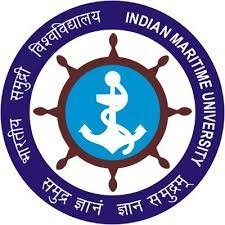

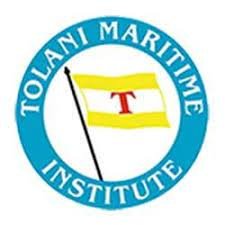


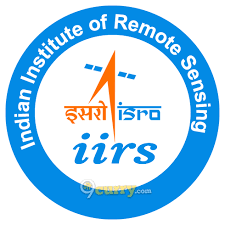



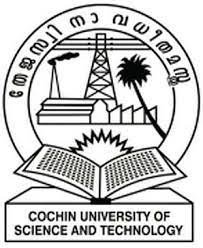



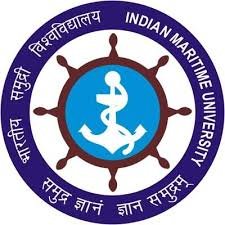

 back
back